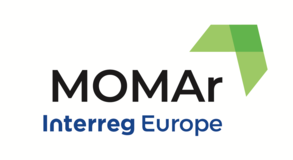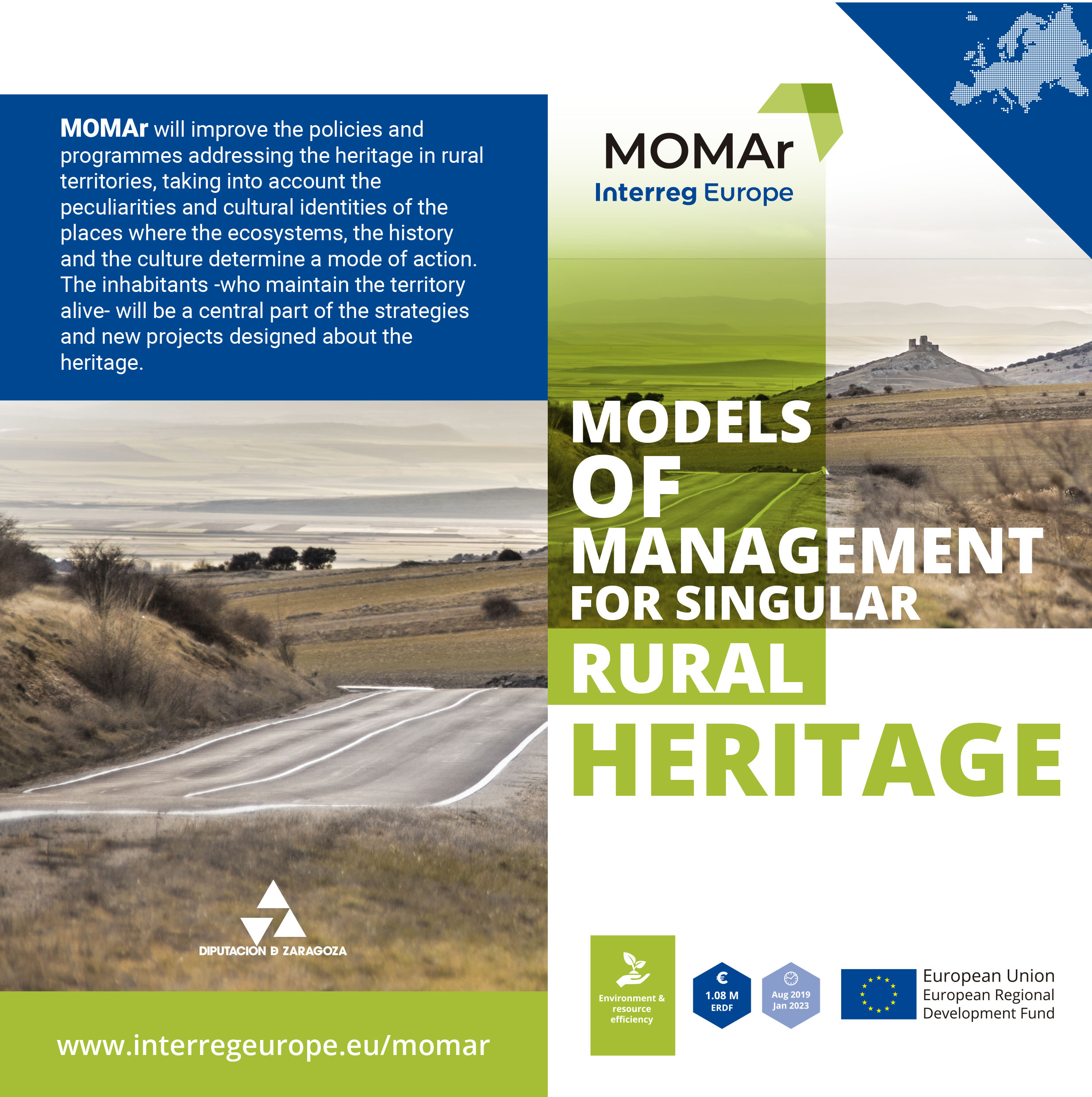The first phase of the MOMAr project is coming to an end. For months, each partner from the five countries participating in the program (Spain, the Czech Republic, Germany, the Netherlands, and Romania) worked hard to give shape to their individual Action Plans and to convert the knowledge gained during the first work phase of the project into ambitious and real actions that can benefit rural areas of the territories.
The MOMAr partner organisation from Germany, the Ministry of Infrastructure and Digital Affairs based in the Saxony-Anhalt region, is the first one to disclose its action plan summarising the experience gained within the project and presenting its forthcoming actions.
The case of Saxony-Anhalt, Germany
Thanks to the discovery of the other territories’ good practices, the Ministry was inspired to create a project called the “Förderkreis Schernebecker Kirche e.V.”. Above all, this action intends to follow a similar path as two projects carried out by the “Groningen Historic Churches Foundation”, in the Netherlands. These two good Dutch practices, discovered during phase one, pursue the overall goal of protecting, restoring and preserving the religious cultural heritage in the province of Groningen, as well as creating interest in it and imparting knowledge about it.
Developing a special place of socio-cultural gathering
In its Action Plan, the Ministry of Infrastructure and Digital Affairs presents its project, the “Förderkreis Schernebecker Kirche e.V.”, as a way to establish a socio-cultural gathering place in the village of Schernebeck (part of the town of Tangerhütte in the Altmark region), through the unique selling point "bakehouse in the church".
The idea is to build a bakehouse in the church of the village, aiming in particular at improving the cultural offer (e.g. food-church-concert) as well as the tourist marketing (slogan: "Which church already has a chimney?") for the regional and supraregional population in a very rural and low-population region. The goal is to increase the level of awareness of the church in the Altmark region as well as in Saxony-Anhalt and to attract new visitors to the region. In the future, the bakehouse could also be integrated into annual events and become an important part of the church’s marketing and a way to draw all age groups to the village of Schernebeck.
For now and to carry out this project, the “Förderkreis Schernebecker Kirche e.V.” is currently developing the structural concept for the construction of the bakehouse, as well as the marketing concept. The next steps are finding financial resources and implementing the project.












